
Irrational Exuberance
Recommendation
Shortly after a 1996 briefing by author Robert Shiller, Alan Greenspan, chairman of the U.S. Federal Reserve Board, warned the country about the mood of "irrational exuberance" that was pushing up stock prices. In hindsight, it's clear that the bull was just beginning. Anyone who heeded that warning would have missed nearly unprecedented gains. But Shiller proved prophetic when the market peaked and crashed in 2000, the year he published this book's first edition. Shiller isn't teaching market timing; he's debunking cherished investing axioms, such as the belief that stocks or real estate are necessarily great long-term investments. He discredits financial reporting, notes the psychological and emotional factors that make investors behave irrationally, and sounds a note of caution as timely now as it was at the turn of the millennium. This book vaccinates you against the virus of credulity. getAbstract suggests a copy for every investor - dog-eared from frequent rereading. It's a wise investment.
Summary
About the Author
Robert J. Shiller is a professor of economics at Yale University. His previous books include The New Financial Order, Market Volatility and Macro Markets.









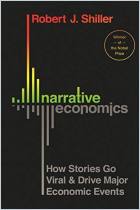
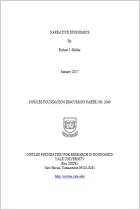
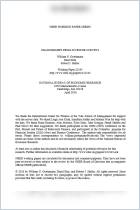
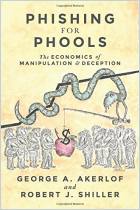
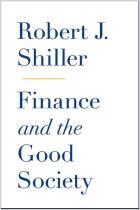
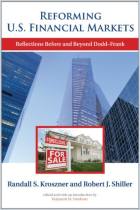
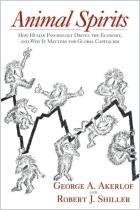
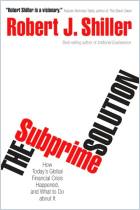
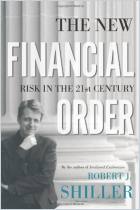
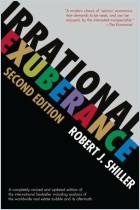
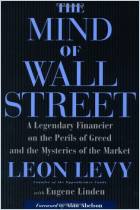
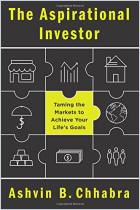
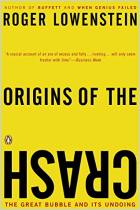
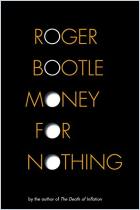
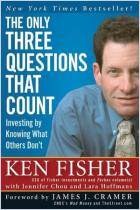



Comment on this summary or 开始讨论